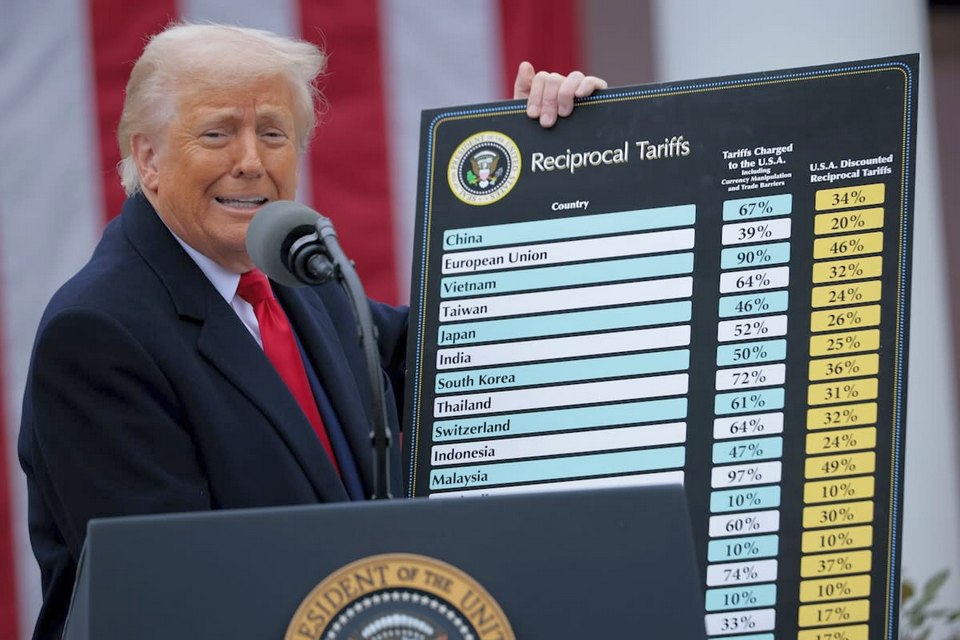
The Thai government has decided to face two ways in dealing with the unpredictable US administration. Finance minister Pichai Chunhavajira will lead a delegation to the US to offer to buy more products from America in return for a reduction of the obstacles facing Thai exporters. In support, the Thai prime minister is assuring Washington that her country is an ally as well as a trading partner.
But Thailand is separately planning to diversify its markets and find alternatives. She is consulting with her ASEAN partners about a regional response to Trump and looking for free-trade agreements with other blocks such as the European Union, BRICS (led by China, Russia and India) and the post-BREXIT UK. None of these negotiations are new, but Trump’s economic nationalist agenda will force the pace.
It all matters because the US is Thailand’s biggest export market specializing in electronics, machinery and processed food. These goods will now carry a 36 percent tariff on entering the US. American exports to Thailand are very much smaller, but Thai negotiators say they could buy more energy, animal feed and alcoholic drinks as well as buying or leasing more American aircraft.
A separate but pressing problem is that China, to avoid earlier tariffs imposed by the US, has long expanded its production bases to Thailand to reroute exports to the US, particularly electronics, and thus disguise their true origin. For example, the Eastern Economic Corridor (which includes Chonburi and Pattaya) has many factories exporting to America.
There’s no doubt that the world is entering a new era after Trump upended the global economic order. His aim is American self-sufficiency and a purely transactional relationship with other countries, both friend and foe. Probably, Trump’s central error is his belief that the US still controls the world. In reality, American decline is likely to be hastened as other countries seek economic alliances elsewhere. China is rubbing her hands with glee at the golden opportunity presented by Donald Trump.










